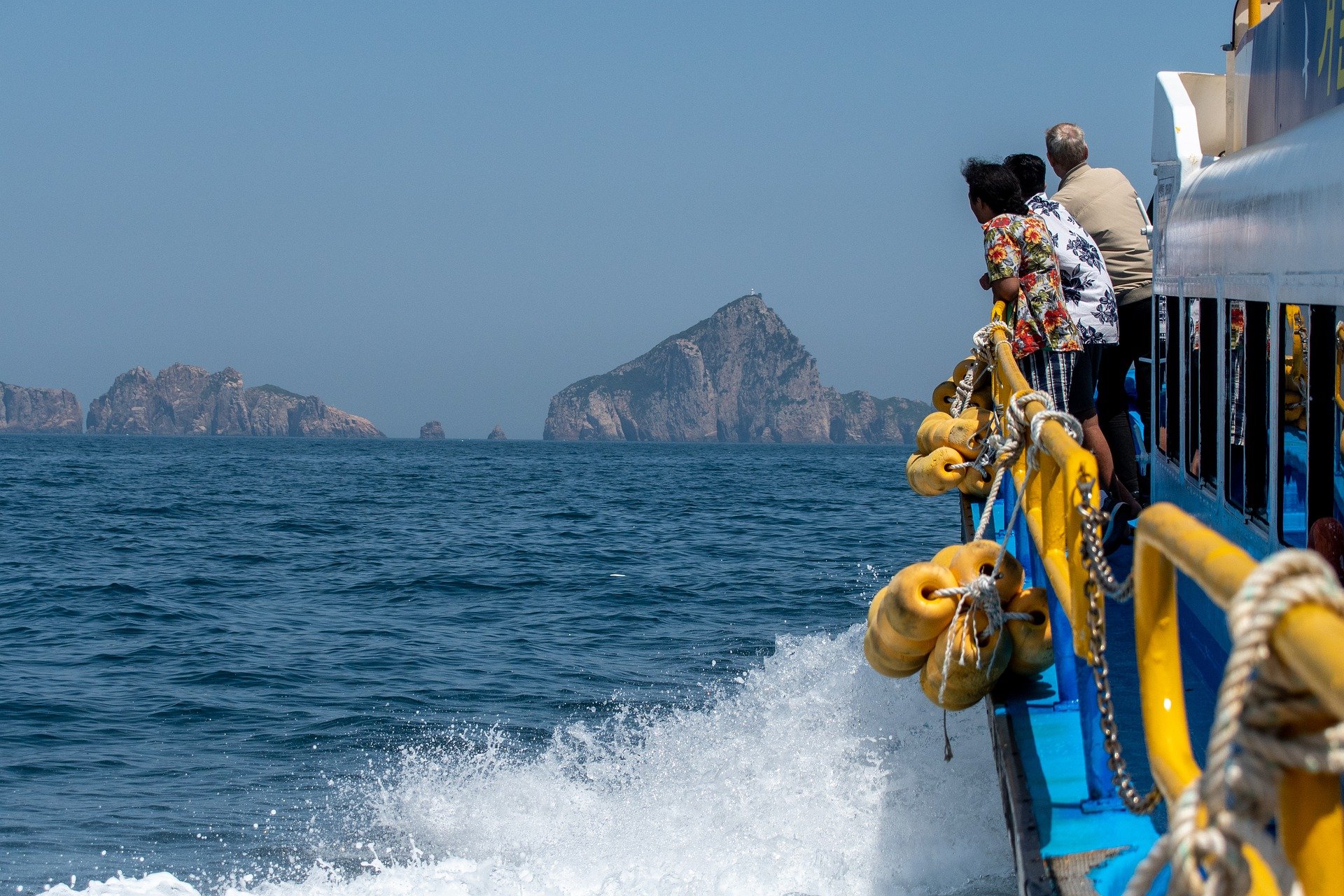Article Highlights:
- 51% of respondents of a recent Global Rescue survey would seek security extraction services when visiting high-risk regions with ongoing conflicts or civil unrest.
- Travel Advisories Drive Decisions: Travelers are increasingly relying on travel advisories and destination reports to make informed decisions and prepare for potential risks.
- Geopolitical instability tops the list of travel risks for 2025, with 30% of travelers identifying it as their most significant concern.
- Security Extraction Services on the Rise: Over half of travelers (51%) seek security extraction services when traveling to regions with terrorism, war or civil unrest.
- Proactive protection is on the rise, with more travelers incorporating security and medical evacuation services into their trip planning.
A new set of travel risks is emerging, according to the Global Rescue Fall 2024 Traveler Sentiment and Safety Survey. Among the world’s most experienced travelers, geopolitical instability has overtaken other concerns, with 30% of respondents citing it as the most significant risk when planning international travel. Issues such as political unrest, economic instability and conflict zones are also driving travelers to take precautions that were once seen as optional.
“From two ongoing wars to the growing political and economic instability in several regions, travelers are becoming acutely aware of how rapidly things can change in a destination,” says Dan Richards, CEO of The Global Rescue Companies and a member of the U.S. Travel and Tourism Advisory Board at the U.S. Department of Commerce. “It’s crucial for travelers to stay informed and have contingency plans in place, especially in regions where the risks are elevated.”
Travel Alerts Drive Emergency Service Requests
The survey revealed a growing reliance by travelers on travel alerts and destination reports as part of international trip planning. In addition to securing restaurant reservations or booking hotels, travelers are now incorporating emergency medical and security planning into their preparations, including reviewing travel advisories that provide essential information about risks associated with certain destinations.
The survey highlighted that traveler proximity to conflict zones significantly influences travelers’ decisions to obtain security extraction travel protection services. More than 38% of travelers would consider security extraction services when the U.S. State Department advises reconsidering travel or avoiding non-essential travel. Nearly 30% of respondents would opt for such services if they were in regions where terrorism or civil unrest is ongoing.
Richards emphasizes, “International trip planning is no longer just about finding the best restaurants. More travelers are actively seeking protection and advice before departure to ensure they are prepared for unexpected crises.”
Travelers can now access comprehensive destination reports that offer critical details about a country’s political, social and health environment. These reports also include information on healthcare facilities, emergency services, and safety protocols, allowing travelers to make informed decisions about their trips.
Travel Advisory Part of Pre-Trip Planning
Travelers are proactively seeking security and medical services as part of their overall travel plans, driven by a growing awareness of the unpredictable nature of international travel. This trend marks a shift in priorities, where safety planning has become just as important as leisure activities.
Harding Bush, former Navy SEAL and security director at Global Rescue highlights that “security extraction services are no longer an add-on for people venturing into the world’s most dangerous places. They are now seen as necessary protection for travelers heading to regions with even moderate risk.”
As a result, Global Rescue has seen an increase in requests for security extraction, travel risk management and medical advisory services. In high-risk areas, travelers are requesting evacuation services in case they encounter emergencies during their trips. These services ensure that travelers have a rapid and reliable means of escape from unsafe environments.
As geopolitical tensions mount, official travel advisories are becoming a crucial resource for travelers. Governments issue travel alerts when there are specific risks related to destinations, whether due to civil unrest, terrorism or other forms of danger. More travelers are consulting these advisories and adjusting their travel plans accordingly. Having a reliable, up-to-date travel advisory can inform travelers of the safest routes, the best times to travel and what precautions to take.
Health Risks Continue To Be a Leading Concern
While geopolitical instability is the top risk, health concerns remain a significant factor in international travel. According to the survey, 45% of respondents cited injury or illness as their biggest worry when traveling. This is no surprise, as international travel exposes individuals to different environments, healthcare systems and potential health risks.
“Health and safety have always been paramount, but in today’s unpredictable global climate, travelers are becoming even more aware of the importance of robust support systems while abroad,” says Richards. “Having access to medical evacuation or advisory services can make all the difference if you’re injured or fall ill in a foreign country.”
Preemptive health planning is another rising trend among savvy travelers. More and more people are seeking out travel insurance plans that include emergency medical evacuation, medical advisory services and access to global healthcare networks. Travelers are also more likely to consult healthcare professionals about potential health risks and get necessary vaccinations or medications before departure.
Preparing for 2025: What Travelers Can Do
Looking forward to 2025, it’s clear that travelers are approaching international travel with a greater sense of caution and preparation. From geopolitical instability to health risks, the challenges facing travelers are numerous, but some steps can mitigate these risks. Preemptively securing travel insurance covering medical and security emergencies is a good first step. Staying informed by consulting travel alerts and destination reports can help travelers avoid dangerous situations and make educated decisions about where to go and when.
In today’s rapidly changing global landscape, travelers must prioritize their safety by seeking the right resources and services to ensure a secure journey. “Having the right safety advisory, security extraction, and medical evacuation services in place can provide peace of mind,” Richards concludes. “Travelers should be prepared for the unexpected and make safety a key part of their travel planning in 2025.









